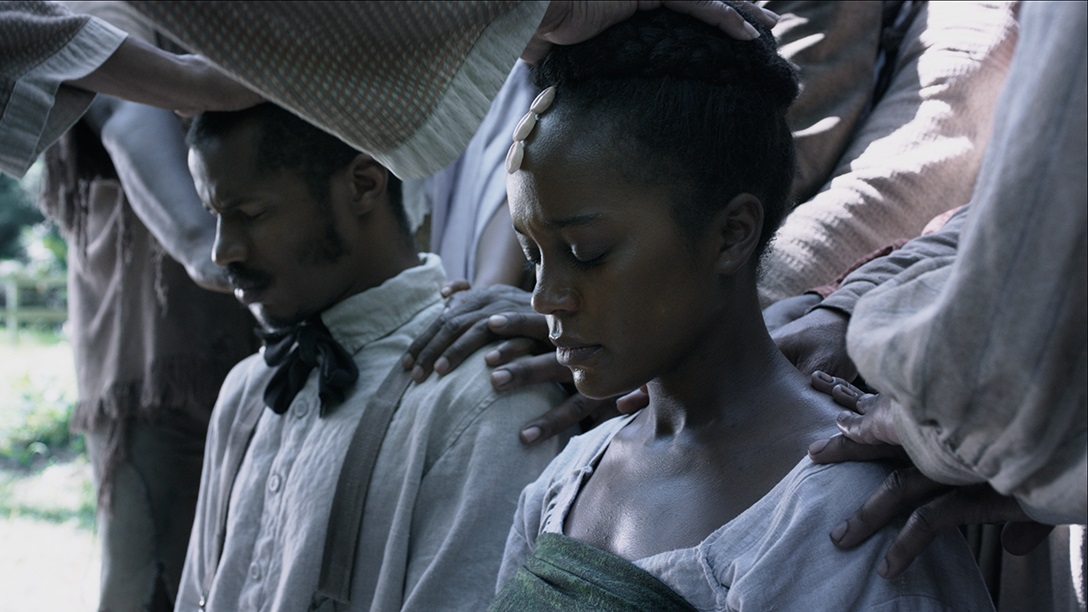It’s understood The Hollywood Reporter is an industry trade journal that addresses above all else the business of movies, but Stephen Galloway’s article on the Nate Parker ugliness from the aspect of how the director and Fox Searchlight can best do damage control is bizarre and offensive. For a journalist to write from inside an imaginary public relations war room about the optimum tactics to use to ensure a movie “can survive a rape-trial scandal” is just jaw-dropping, especially since the woman who charged Parker and his Birth of a Nation co-writer Jean Celestin didn’t survive, having committed suicide in 2012. It’s the strangest set of priorities.
An excerpt:
First, it’s crucial for the filmmaker to separate his life from the message of his film, about the horrific treatment of slaves — and by extension all African-Americans — in our society. That means Searchlight likely will have to abandon its plans to tie the movie’s marketing to him. The messenger may be flawed; the message isn’t. Now the message must be central to the movie’s campaign.
Second, Parker must demonstrate that he is a changed man. Penitence works far better than protests of innocence. The Birth of a Nation must be presented as his redemption story, a mea culpa rather than a personal triumph.
Third, Parker must deploy the men and women who know him and have worked with him to testify to his decency. That means not only his wife but also such luminaries as Denzel Washington, who gave him a break on The Great Debaters, and Oprah Winfrey, herself the victim of sexual abuse.
So far, Parker has handled the crisis shrewdly.•
In the New York Times, Roxane Gay has a deep and nuanced op-ed explaining why she can’t separate the art from the behavior of the artist, which would consign Pablo Picasso and Anne Sexton and Errol Flynn, among many others, to mothballs, but which is a very understandable reaction. An excerpt:
Mr. Parker is being forced to publicly reckon with his past, and he is doing a lousy job. I want to have empathy for him, but everything he says and does troubles me. You see, what happened in 1999 was a “painful moment” in his life. Most of what he has to say about that “painful moment” involves how he felt, how he was affected. The solipsism is staggering.
In an interview with Deadline.com, the entertainment news site, Mr. Parker said: “I’ve got five daughters and a lovely wife. My mom lives here with me; I brought her here. I’ve got four younger sisters.” He offers up the women in his life as incontrovertible evidence of goodness or, perhaps, redemption. But no matter how much he wishes it to be so, his women cannot erase his past. He went so far as to bring his 6-year-old daughter to an interview where he knew he would be questioned about the circumstances surrounding the rape trial — a strange, manipulative and even cynical choice. To this day, he believes he did nothing wrong, though he also says he has “grown” and is a “changed” man.•

